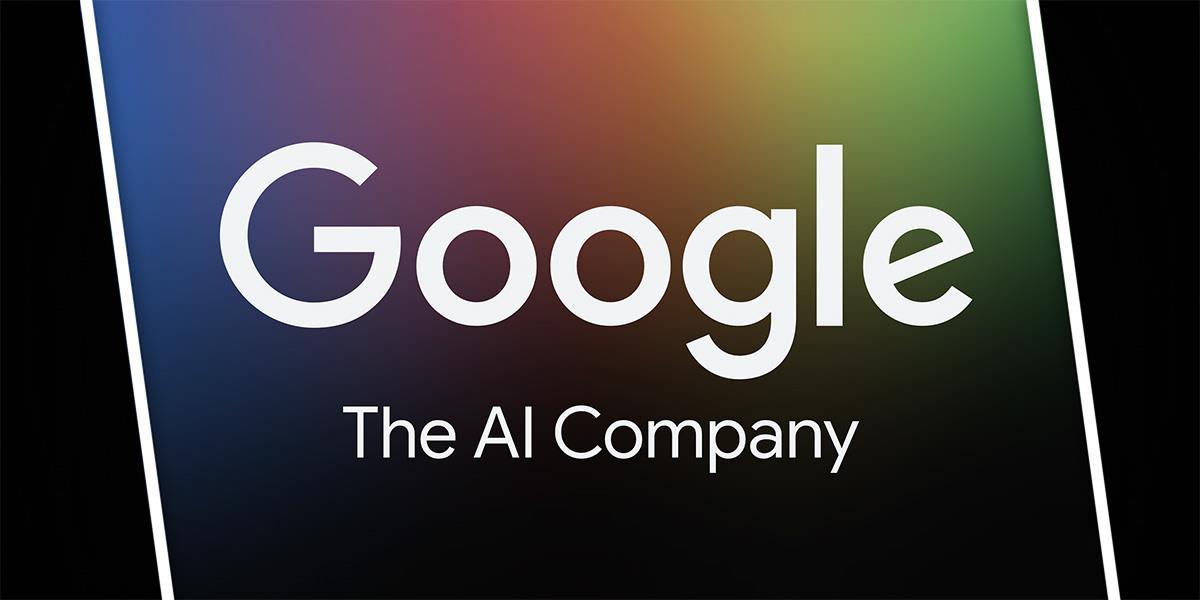Weekly Reads
A space where we share a selection of thought-provoking content that we've recently come across.
Ken Griffin calls rush to gold as a safer asset “concerning”
Ken Griffin expressed his concern about the increasing trend of investors turning to gold as a safer asset than the U.S. Dollar. He pointed to "substantial asset inflation away from the dollar" as evidence of a growing "de-dollarization" movement, where investors are looking to reduce their risk related to US sovereign debt.Griffin described this sentiment as investors wanting to “immunize some of my sovereign exposure to the United States.” He noted that factors such as the lingering federal government shutdown and the possibility of interest rate cuts have contributed to gold reaching record highs.This shift in investor sentiment, according to Griffin, signals a significant and worrying change in the global financial landscape.
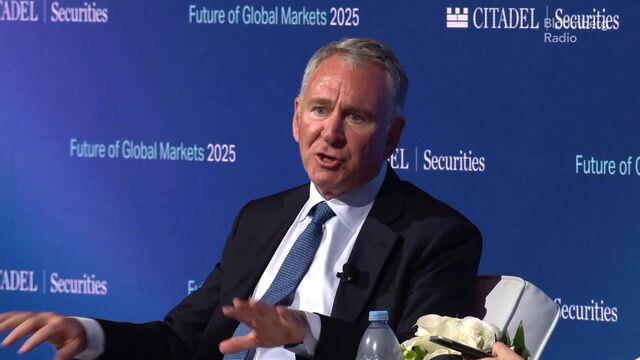
The singularity is nigh: a conversation with Josh Wolfe
Offering a unique perspective on the AI capex boom, venture capitalist Josh Wolfe predicts that 50% of inference will eventually be done on-device, suggesting we won't need as much computing infrastructure as companies like Nvidia want us to believe.In a wide-ranging discussion, Wolfe explores how concepts once relegated to science fiction are now becoming scientific fact, covering futuristic topics such as the potential rise of “AI religions,” the future of digital assets, the convergence of the human brain with machines, and the development of cloud-based laboratories.The conversation offers a glimpse into how humanity is actively building the world of tomorrow, today.
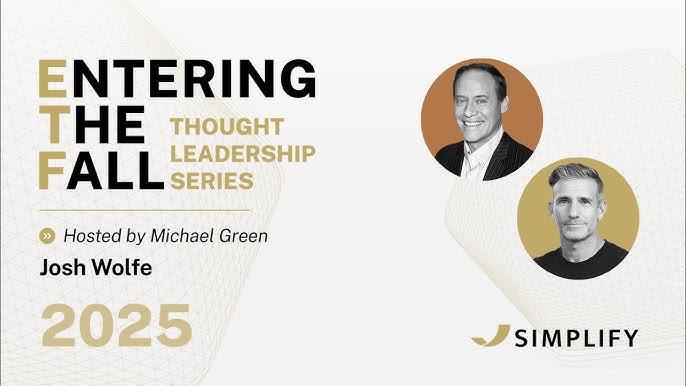
David Vélez on In Good Company
David Vélez, CEO and Co-Founder of Nubank, unpacks the remarkable journey of redefining banking for 120 million customers in Latin America. He reveals the strategy behind the company's iconic purple branding and the philosophy of “customer obsession” that built such incredible loyalty, leading to millions joining waiting lists.Vélez offers insights into his mission to revolutionize the region’s financial industry and the immense challenges of scaling a startup into one of the world's largest digital banks.
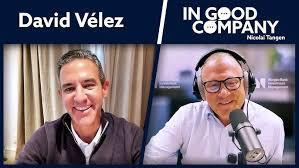
How AI became our personal assistant
OpenAI released the largest study to date of consumer ChatGPT usage (see chart below for breakdown of usage). More broadly, the adoption of AI in just three years has outpaced that of the internet in its first decade.New data reveals that this explosion in usage is primarily driven by individuals turning to AI as a digital assistant for a wide array of personal tasks. The most common applications include seeking practical guidance, such as tutoring, and performing various writing tasks like editing and translation.While personal and non-work-related use now accounts for over 70% of interactions, a significant gap remains in the corporate world, where a “shadow AI economy” is emerging as employees use personal tools for work while official company-wide integration lags behind.
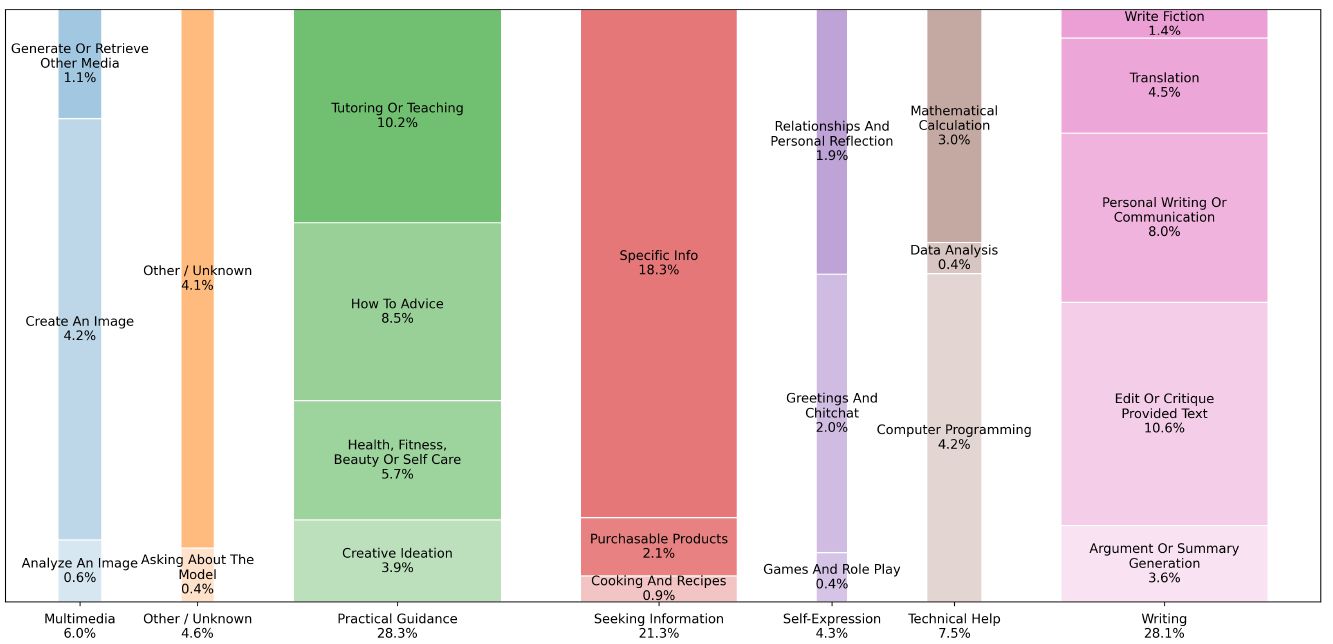
Google: The AI Company
This third and final installment of Acquired's Google series explores “the greatest innovator’s dilemma in history.”The episode unpacks the paradox of how Google, which invented the foundational Transformer technology and employed nearly all of modern AI's leading minds, was caught off guard by ChatGPT.The rise of generative AI poses an existential threat to Google’s core Search business, forcing a critical inflection point for the company. However, the hosts examine how Google has strategically diversified its operations into other massive businesses like YouTube and Google Cloud.The central question is whether these powerful, non-search divisions can provide the necessary resources and strategic cover for Google to navigate this challenge and win the AI revolution it helped create.
